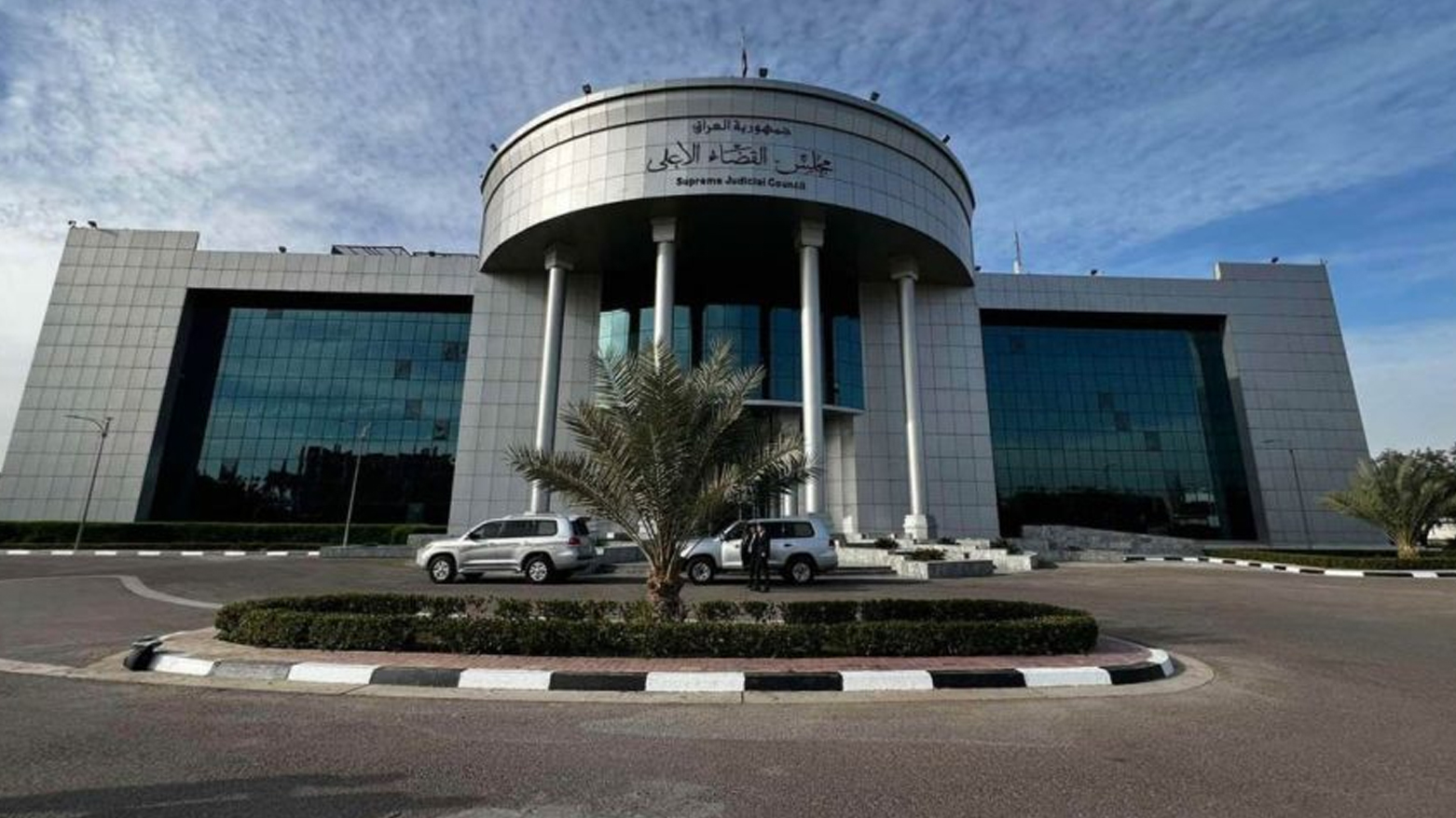Crisis in Iraq’s Federal Supreme Court Raises Alarms Over Future Elections and Legal Stability
The Federal Supreme Court holds exclusive authority to certify election results and resolve legal disputes among government institutions—roles now jeopardized by the ongoing crisis.

ERBIL (Kurdistan24) — The recent wave of resignations within Iraq’s Federal Supreme Court has sparked significant concern over the legitimacy of future parliamentary elections and the broader stability of the country’s legal and constitutional system.
The unprecedented withdrawal of six principal judges and three reserve members from Iraq’s highest court has prompted legal and political observers to warn of a growing constitutional vacuum. The Federal Supreme Court holds exclusive authority to certify election results and resolve legal disputes among government institutions—roles now jeopardized by the ongoing crisis.
Political observers and legal experts say that the absence of a functioning high court could severely disrupt the country’s political process. Member of Parliament Mohammed Anouz expressed grave concern, stating that the resignations will negatively affect Iraq’s entire political system. According to Anouz, without a stable judiciary to validate election outcomes, future electoral processes risk being deemed unconstitutional, undermining the democratic framework.
"The recent developments represent a dangerous precedent for Iraq’s judiciary," Anouz noted, adding that the Federal Supreme Court is the sole entity constitutionally empowered to certify election results. If its current dysfunction continues, the credibility of the next elections could be seriously compromised.
Mohi Al-Ansari, head of the Rashid Center for Development, echoed these concerns. He warned that if political factions fail to quickly agree on replacements for the withdrawn judges, the country may face a constitutional deadlock. “If this issue isn’t resolved within a month, the electoral process may collapse altogether,” he said.
Ansari further noted that the court has effectively become a political actor, surrendering its impartial standing and forcing judges to resign under pressure. This politicization of the judiciary, he argued, threatens the independence of Iraq’s legal system and could set a troubling precedent for future governance.
As the court remains in limbo, Iraqi lawmakers and political leaders face mounting pressure to restore judicial functionality and uphold the rule of law, particularly with crucial national decisions hanging in the balance.